Our annual Postgraduate Symposium takes place shortly as a virtual event for the first time ever! We& #39;ll be tweeting highlights from the event throughout  https://abs.twimg.com/emoji/v2/... draggable="false" alt="💪🏽" title="Flexed biceps (medium skin tone)" aria-label="Emoji: Flexed biceps (medium skin tone)">
https://abs.twimg.com/emoji/v2/... draggable="false" alt="💪🏽" title="Flexed biceps (medium skin tone)" aria-label="Emoji: Flexed biceps (medium skin tone)">
First up and coping remarkably well with the inevitable tech issues of our first virtual symposium is @Robhalpin2. A seasoned second year, this isn& #39;t Rob& #39;s first time at the symposium rodeo and his presentation is characteristically well-structured  https://abs.twimg.com/emoji/v2/... draggable="false" alt="👏" title="Clapping hands sign" aria-label="Emoji: Clapping hands sign">
https://abs.twimg.com/emoji/v2/... draggable="false" alt="👏" title="Clapping hands sign" aria-label="Emoji: Clapping hands sign">
Rob is authoritative on the impacts of drainage on peat and its hydrological effects. He highlights our responsibility for bog restoration in terms of mitigating impacts of climate change, but also in terms of natural hazard and water table management.
We& #39;re hearing more about the specifics of Rob& #39;s study sites - he is, in our humble opinion, as familiar with and sure-footed about these slopes as a mountain goat  https://abs.twimg.com/emoji/v2/... draggable="false" alt="🐐" title="Goat" aria-label="Emoji: Goat">
https://abs.twimg.com/emoji/v2/... draggable="false" alt="🐐" title="Goat" aria-label="Emoji: Goat">
Rob& #39;s work will involve trialling a number of dam designs to monitor impacts on water table and dissolved organic carbon. His work building DEMs suggests potential for water storage at the site.
On to questions, where Rob is again showing his experience as a presenter. He& #39;s great on climate change, nature based solutions, and potential public dissemination and policy impacts of his research. A credit to his supervisor, the wonderful @megafloods
And Rob now passes the baton to 1st Year PhD student @togabh - supervised by @CiantOCallaghan as part of a prestigious @tcddublin Provost& #39;s Award (Rob also on one of these superb projects with @megafloods, btw) - to investigate urban vacant space and housing activism.
Tommy& #39;s research takes a genealogical approach to housing activist occupation of vacant spaces - he& #39;s interested in how occupation-based strategies engage with urban vacant spaces and how they can contribute to understandings of vacancy in the capitalist city.
The project intervenes within an emerging literature on urban vacancy, activist occupations, and material and discursive practices. Tommy gives a commanding overview of key touchstones within this set of literature.
Tommy& #39;s work draws on a set of methods to engage with activists and urban space. He& #39;s taking a few lines of approach and has both experience and materials to draw on here.
On to the questions here. @JaneyMax asks an interesting one about case study comparison, particularly in terms of how embedded Tommy& #39;s research is in Dublin. @togabh speaks well about questions of access, connections, and respect for doing work with rather than on activists.
Rory Rowan apologises for his lockdown hair height, and goes on to ask two interesting questions in terms of political economic context and framing different types of activism as more or less political.
@togabh responds ably - squats, & #39;punkness& #39;, and practices in contexts all being touched on. Tommy& #39;s understanding of squatting and its interpretation as anti-normative normativity highlights the situatedness of his research.
We& #39;re taking a quick break before we lash back in to hear from Benjamin Kwao and @Piaeual in the second set of talks. Thanks to our chair @CiantOCallaghan and all speakers and fab questioners so far - there is time for a well-earned cuppa before we& #39;re back  https://abs.twimg.com/emoji/v2/... draggable="false" alt="☕️" title="Hot beverage" aria-label="Emoji: Hot beverage">
https://abs.twimg.com/emoji/v2/... draggable="false" alt="☕️" title="Hot beverage" aria-label="Emoji: Hot beverage">
And we& #39;re back! Next up is Benjamin Kwao, 1st Year, whose research looks at gold-mining and its impacts for poverty reduction in Ghanaian communities.
Benjamin is sensitive to gender as a factor that differentiates impacts at community levels. He clearly understands and attunes to the context of his research on poverty reduction and extractive natural resource industries.
With admirable attention to detail, Benjamin provides a very attentive overview of challenges he anticipates when completing his research  https://abs.twimg.com/emoji/v2/... draggable="false" alt="🔮" title="Crystal ball" aria-label="Emoji: Crystal ball">
https://abs.twimg.com/emoji/v2/... draggable="false" alt="🔮" title="Crystal ball" aria-label="Emoji: Crystal ball">
Questions section goes Who Wants To Be A Millionaire - @susanpmurphy wins the fastest finger first competition to raise the Microsoft Teams hand first, noting synergies with Eladius Mutunzi& #39;s on-going research and questioning definitions around poverty, livelihoods, and impacts.
Benjamin responds confidently on his position with regards multidimensional indicators of poverty and consideration of environmental effects on resource extraction. He& #39;s showing himself well able for the flurry of questions that his excellent presentation has inspired.
And it& #39;s @ShareCityIre& #39;s Anna Davies who the chair is calling on second, although I& #39;d have sworn Rory Rowan was very quick with the hand raising  https://abs.twimg.com/emoji/v2/... draggable="false" alt="🤔" title="Thinking face" aria-label="Emoji: Thinking face"> Anna asks Ben about connections between his research and SDGs framework, which he highlights as important.
https://abs.twimg.com/emoji/v2/... draggable="false" alt="🤔" title="Thinking face" aria-label="Emoji: Thinking face"> Anna asks Ben about connections between his research and SDGs framework, which he highlights as important.
Now we& #39;re on to Rory Rowan - he& #39;s interested in extraction labour processes and international and gendered dimensions of this. He& #39;s just played the & #39;comment not question& #39; card on scales of mining operations and differential impacts.
The & #39;comment not question& #39; is the Q&A equivalent of the tennis lob. Ben gets back masterfully like the Roger Federer of postgrad symposiums (symposia?). Scale has international and historical dimensions, as well as a capital investment one.
And now @im_coasts on environmental impacts and how this is also a geographical question of distance and scale for assessment. Ben open to engagement with this as an on-going factor unfolding during the course of his research.

 Read on Twitter
Read on Twitter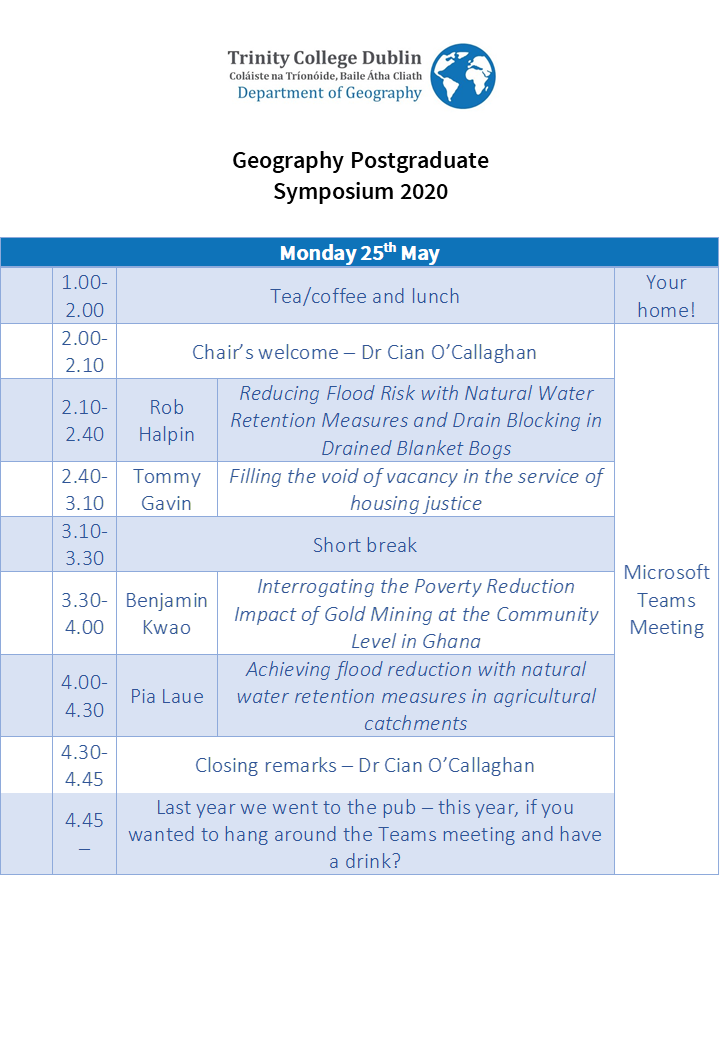 " title="Our annual Postgraduate Symposium takes place shortly as a virtual event for the first time ever! We& #39;ll be tweeting highlights from the event throughout https://abs.twimg.com/emoji/v2/... draggable="false" alt="💪🏽" title="Flexed biceps (medium skin tone)" aria-label="Emoji: Flexed biceps (medium skin tone)">">
" title="Our annual Postgraduate Symposium takes place shortly as a virtual event for the first time ever! We& #39;ll be tweeting highlights from the event throughout https://abs.twimg.com/emoji/v2/... draggable="false" alt="💪🏽" title="Flexed biceps (medium skin tone)" aria-label="Emoji: Flexed biceps (medium skin tone)">">
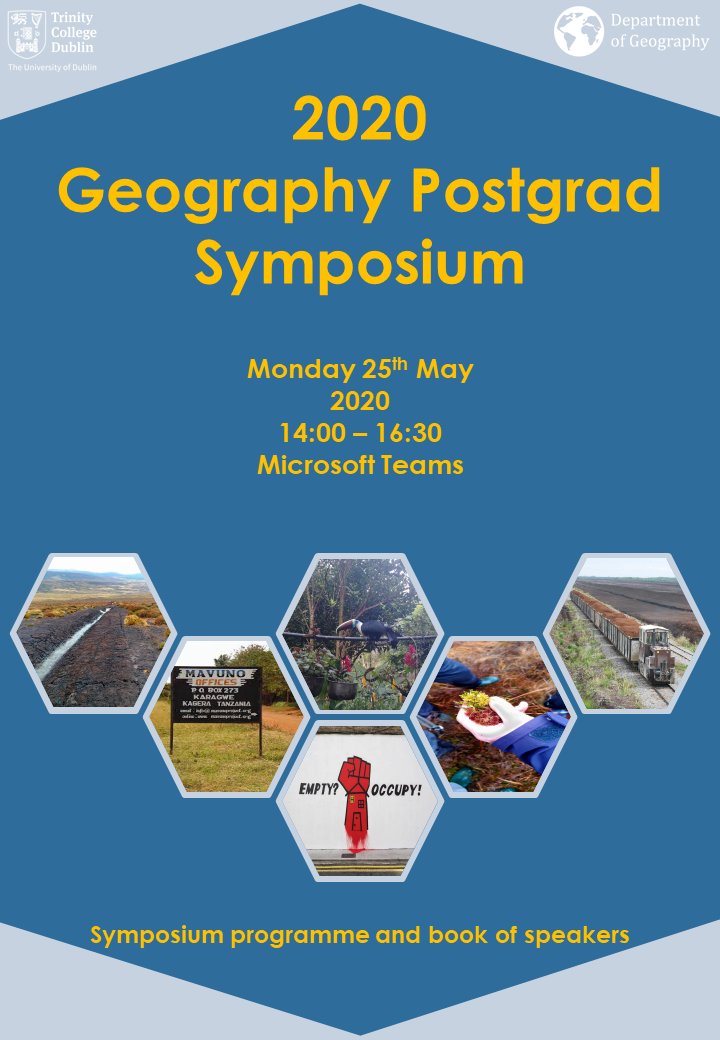 " title="Our annual Postgraduate Symposium takes place shortly as a virtual event for the first time ever! We& #39;ll be tweeting highlights from the event throughout https://abs.twimg.com/emoji/v2/... draggable="false" alt="💪🏽" title="Flexed biceps (medium skin tone)" aria-label="Emoji: Flexed biceps (medium skin tone)">">
" title="Our annual Postgraduate Symposium takes place shortly as a virtual event for the first time ever! We& #39;ll be tweeting highlights from the event throughout https://abs.twimg.com/emoji/v2/... draggable="false" alt="💪🏽" title="Flexed biceps (medium skin tone)" aria-label="Emoji: Flexed biceps (medium skin tone)">">
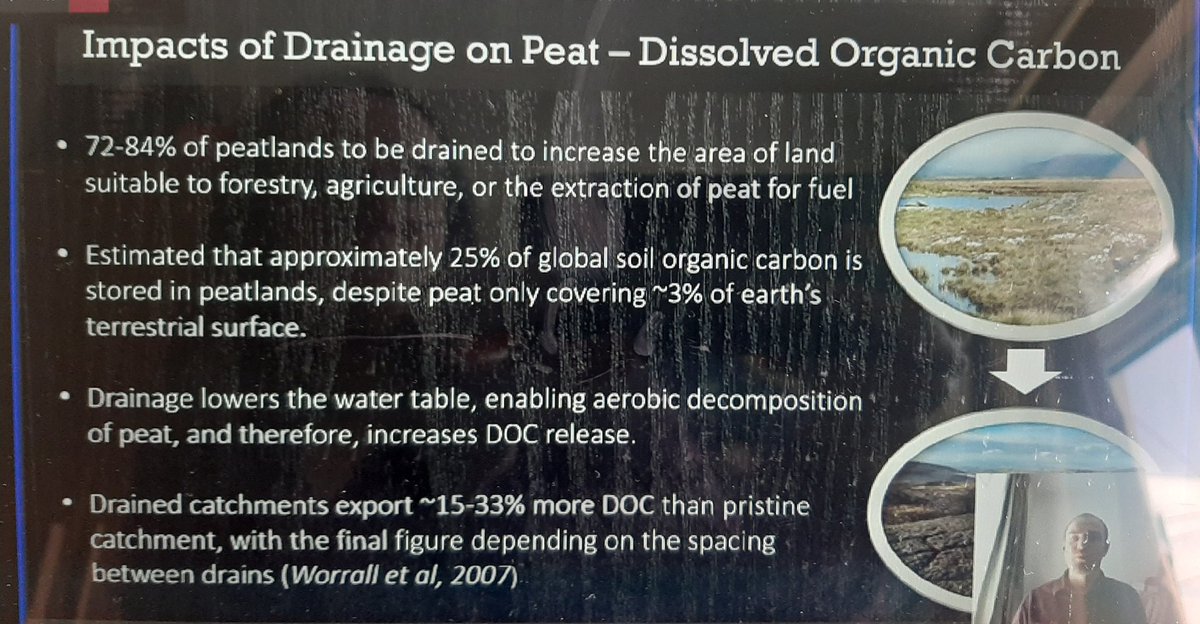
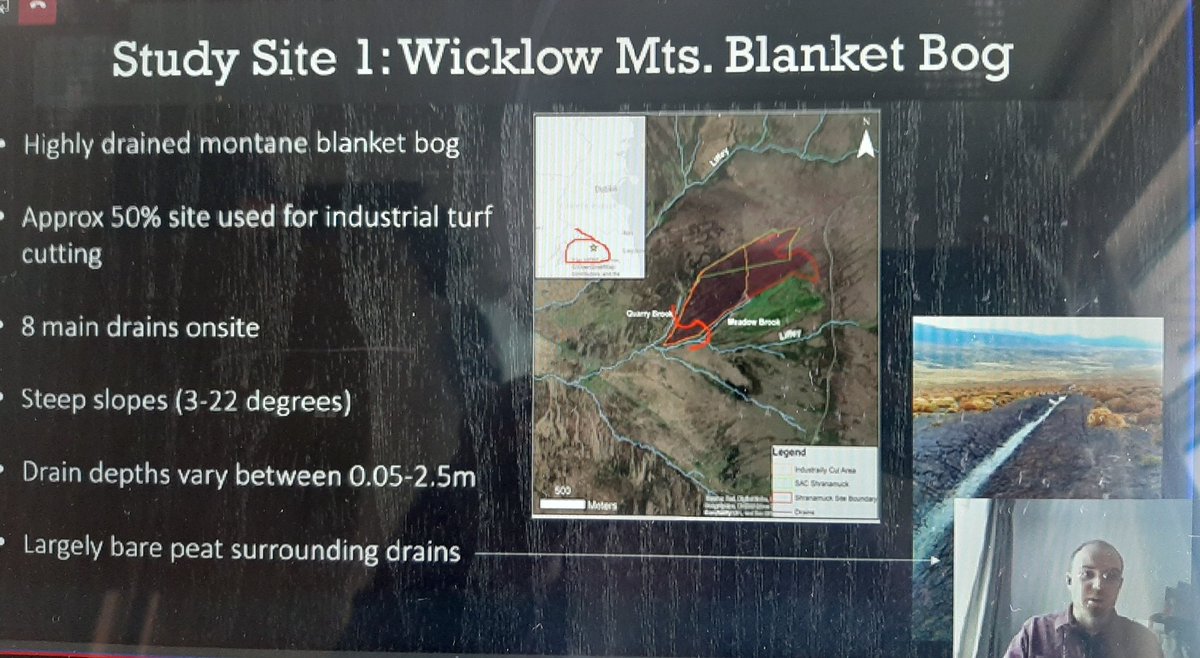 " title="We& #39;re hearing more about the specifics of Rob& #39;s study sites - he is, in our humble opinion, as familiar with and sure-footed about these slopes as a mountain goat https://abs.twimg.com/emoji/v2/... draggable="false" alt="🐐" title="Goat" aria-label="Emoji: Goat">" class="img-responsive" style="max-width:100%;"/>
" title="We& #39;re hearing more about the specifics of Rob& #39;s study sites - he is, in our humble opinion, as familiar with and sure-footed about these slopes as a mountain goat https://abs.twimg.com/emoji/v2/... draggable="false" alt="🐐" title="Goat" aria-label="Emoji: Goat">" class="img-responsive" style="max-width:100%;"/>
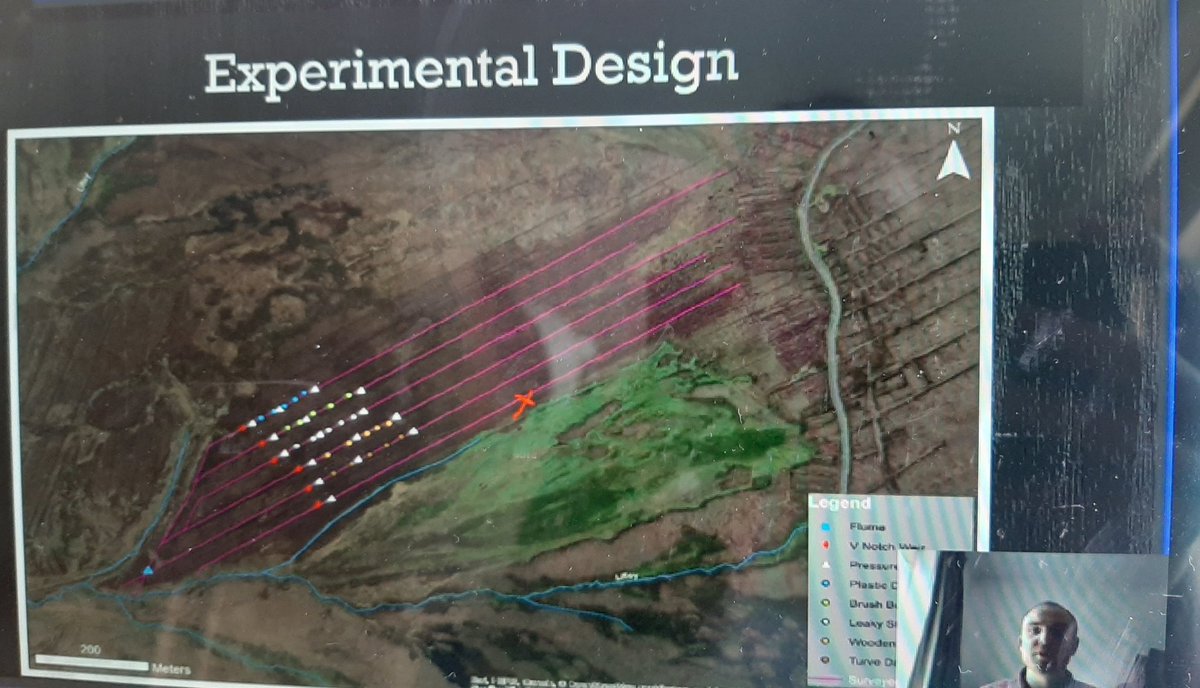
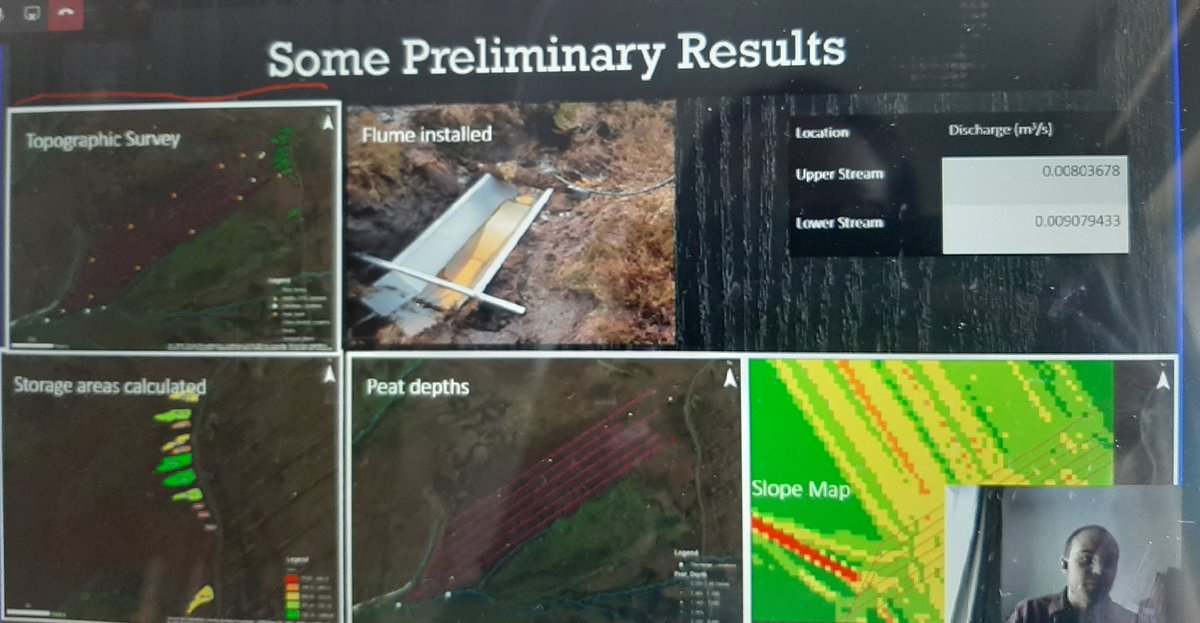
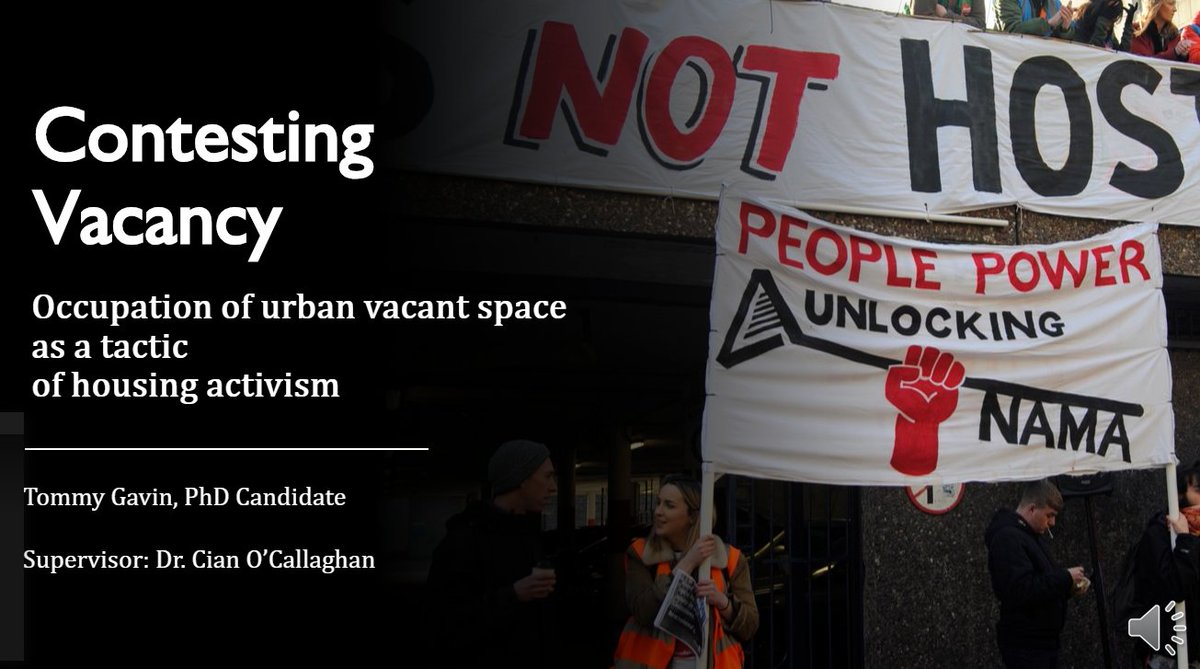
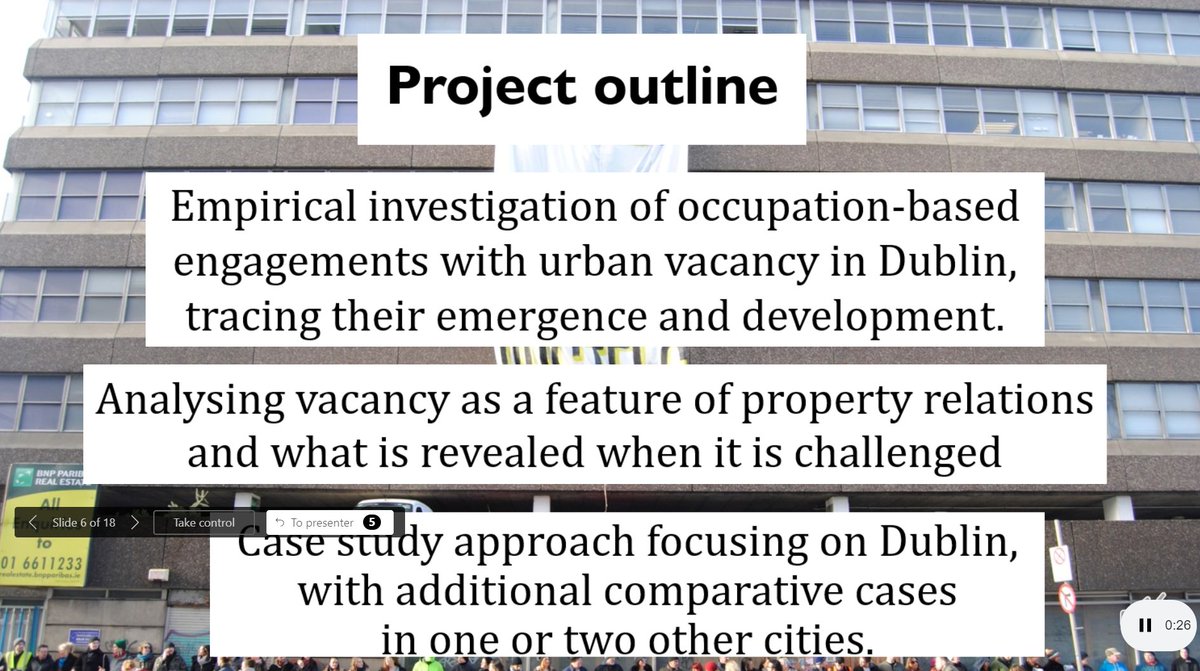
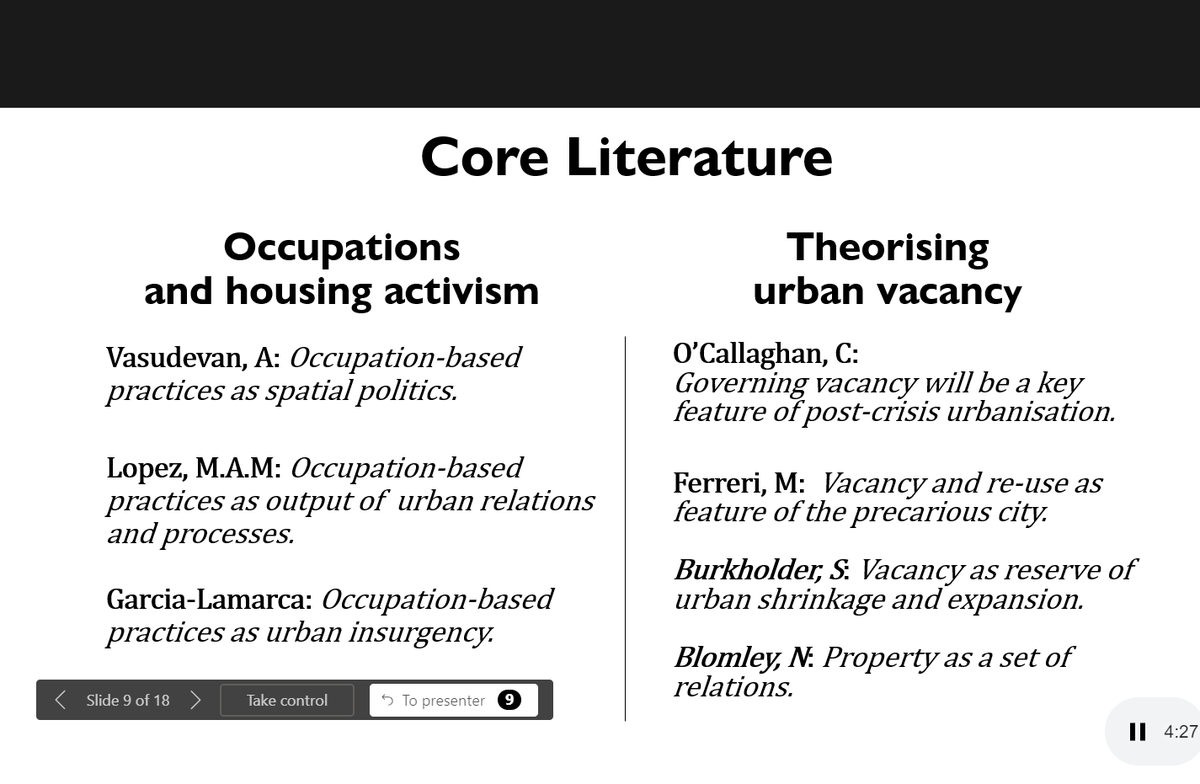
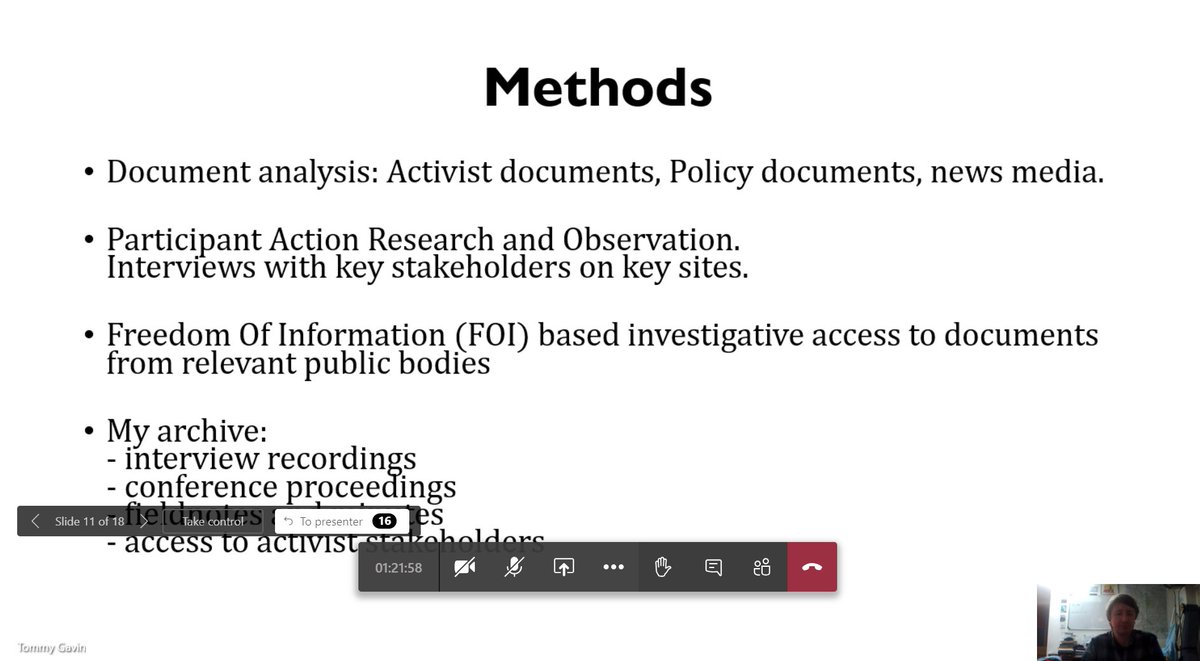
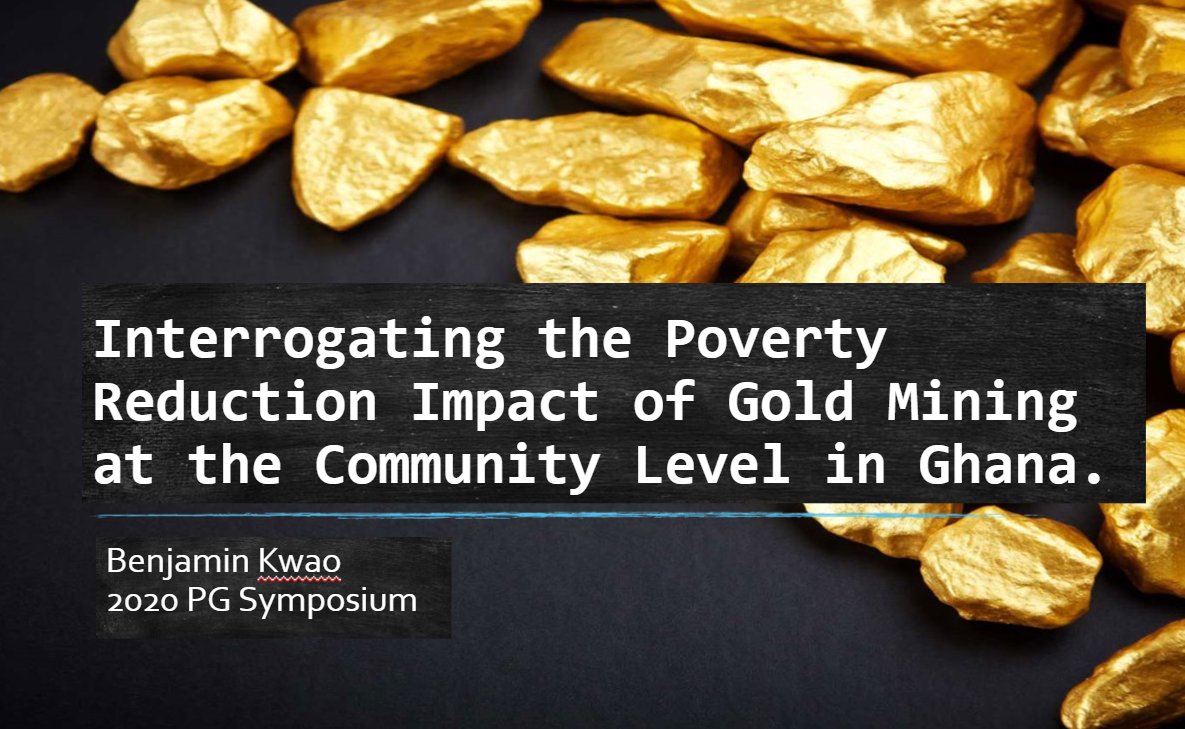
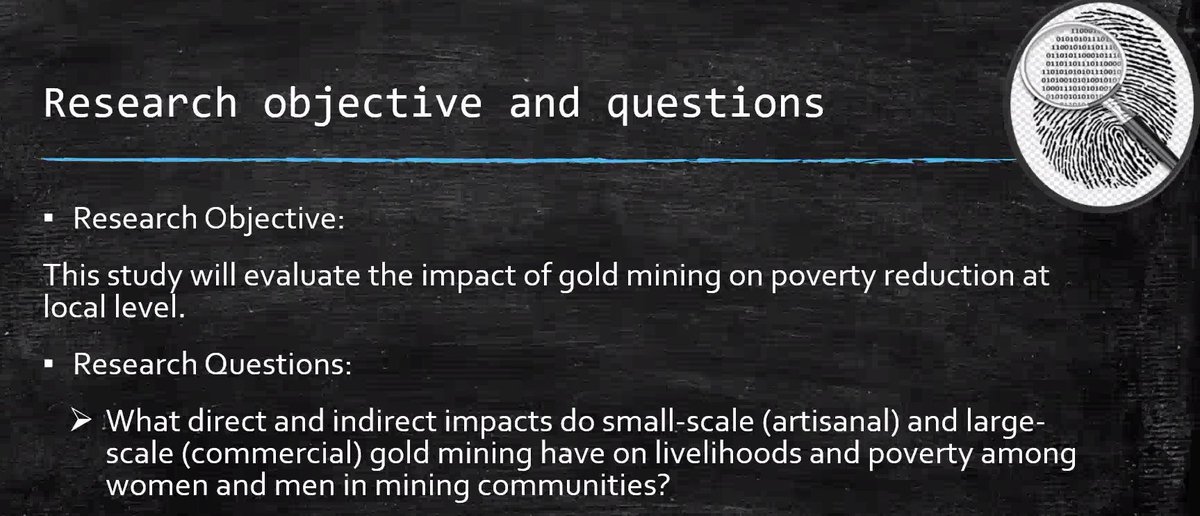
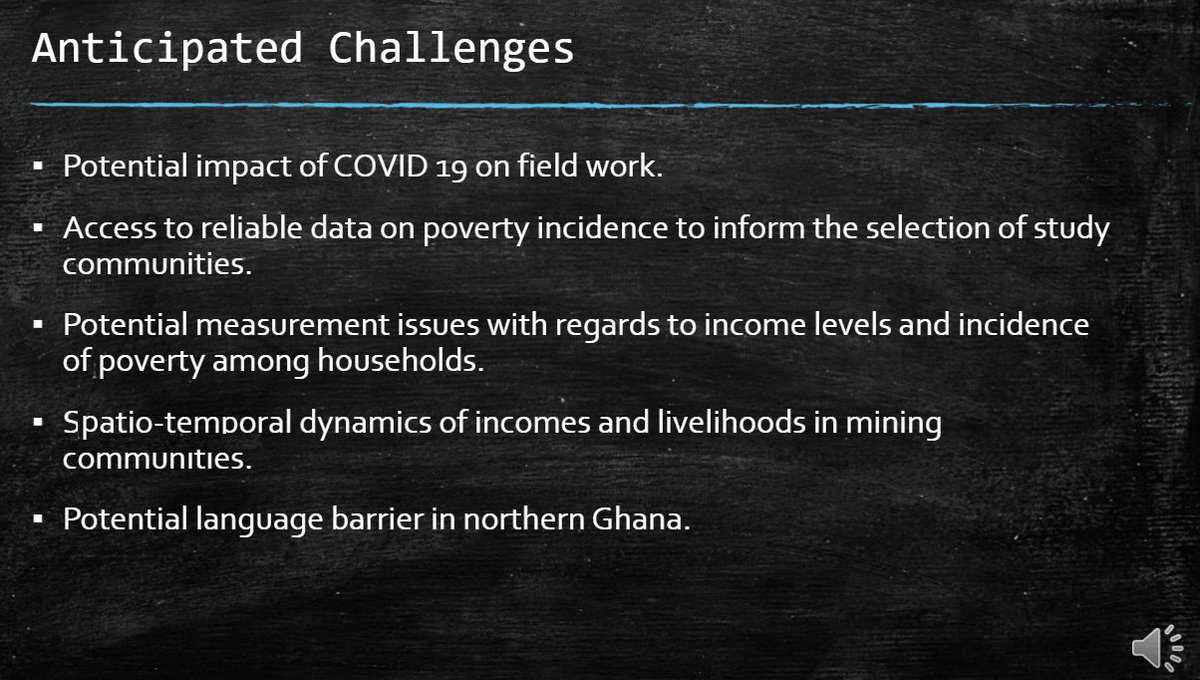 " title="With admirable attention to detail, Benjamin provides a very attentive overview of challenges he anticipates when completing his research https://abs.twimg.com/emoji/v2/... draggable="false" alt="🔮" title="Crystal ball" aria-label="Emoji: Crystal ball">" class="img-responsive" style="max-width:100%;"/>
" title="With admirable attention to detail, Benjamin provides a very attentive overview of challenges he anticipates when completing his research https://abs.twimg.com/emoji/v2/... draggable="false" alt="🔮" title="Crystal ball" aria-label="Emoji: Crystal ball">" class="img-responsive" style="max-width:100%;"/>


